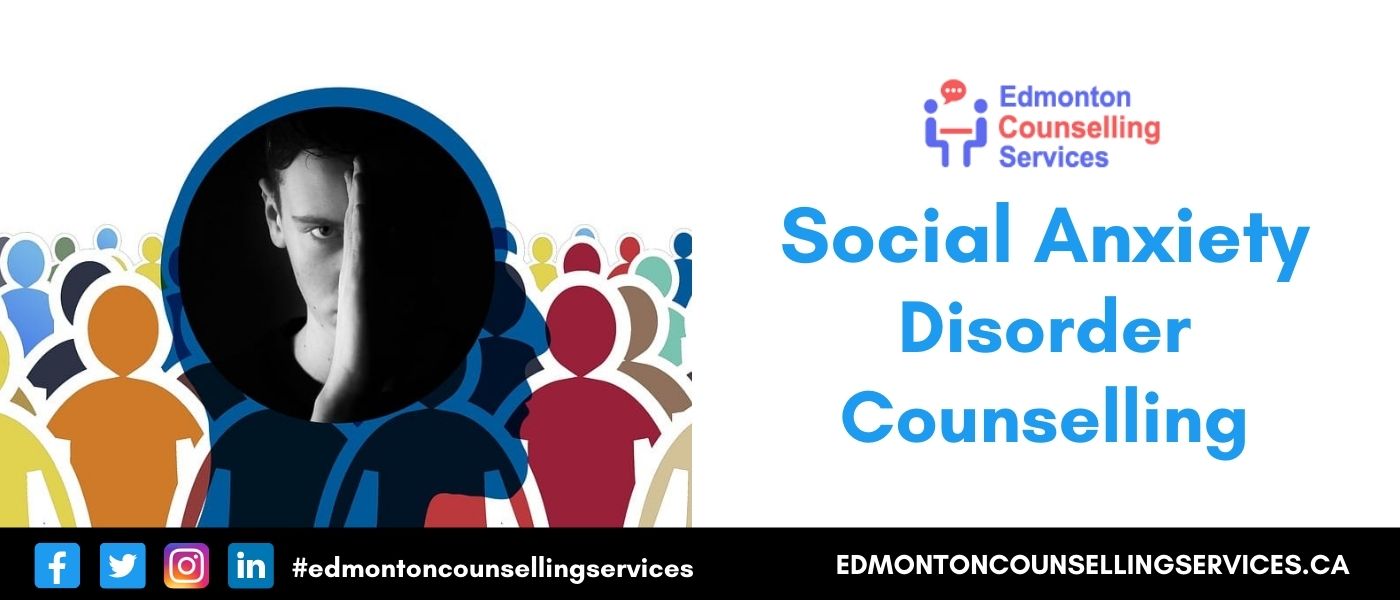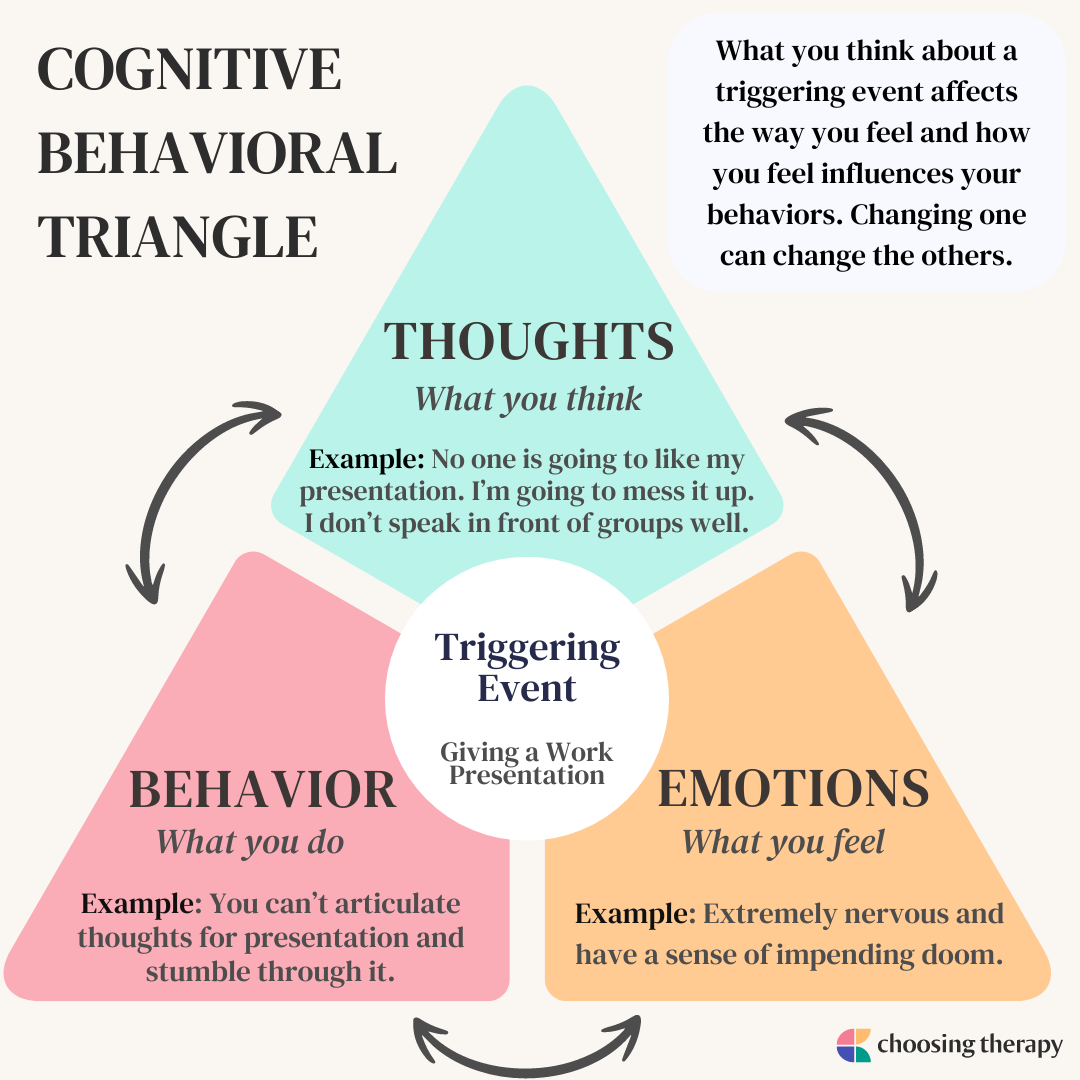Get started for specialized counselling for anxiety services
Get started for specialized counselling for anxiety services
Blog Article
Exploring Different Approaches in Therapy for Anxiousness Problem for Long Lasting Change
When taking on anxiousness conditions, it's important to check out a range of counseling methods. Each method supplies special insights and tools to help you handle your signs and symptoms effectively. You could find that combining strategies can generate the ideal outcomes. Nonetheless, recognizing the nuances of these strategies is key to fostering lasting modification. What happens if the ideal combination could release a new level of psychological wellness for you?
Understanding Anxiety Disorders: A Quick Introduction
Stress and anxiety problems, which affect millions of individuals worldwide, can substantially affect everyday life. You may experience overwhelming sensations of worry or fret that seem irrepressible. These sensations can lead to physical signs and symptoms like a racing heart, sweating, or perhaps wooziness. Common types of anxiousness problems include generalized anxiousness condition, panic disorder, and social anxiousness problem. Each has special signs, yet they all share a tendency to interrupt your regular and relationships.Understanding the root creates of your anxiety is essential. It could originate from genes, mind chemistry, or life experiences. Acknowledging your triggers can help you manage your actions much better. It is essential to bear in mind that you're not the only one in this struggle. Lots of people deal with comparable challenges, and looking for help is a strong action towards sensation much better. By discovering anxiety conditions, you're currently on the path to understanding and managing your problem more efficiently.
Cognitive-Behavioral Treatment: Testing Negative Thought Patterns
In Cognitive-Behavioral Treatment, you'll start by determining the unfavorable idea activates that add to your stress and anxiety. You'll work on replacing them with more favorable choices once you acknowledge these ideas. With each other, you'll build effective coping methods to aid manage your anxiety in daily scenarios.
Recognizing Adverse Idea Triggers

Recognizing the specific triggers behind your negative thoughts can be important in managing anxiety when you experience moments of distress. Begin by taking note of scenarios that prompt feelings of fear or anxiety. Is it a jampacked space, an upcoming deadline, or a conversation with specific people? Write down these circumstances in a journal. This will help you identify patterns in your reasoning. Notice physical experiences that accompany your unfavorable thoughts, like an auto racing heart or rigidity in your chest. By pinpointing these triggers, you obtain understanding into what's fueling your anxiety. Comprehending these connections is the primary step in testing those thoughts and inevitably gaining back control over your emotional feedbacks.
Replacing Ideas With Positives
Testing adverse idea patterns is a necessary action in transforming your way of thinking and decreasing anxiousness. You might usually discover on your own entraped in cycles of self-doubt or devastating thinking. As opposed to allowing these ideas dictate your feelings, method changing them with favorable affirmations or realistic options. When you believe, "I can not manage this," change it to, "I can manage challenges one step at a time." This simple adjustment can considerably affect your mood. Regularly identifying and countering these adverse thoughts helps create a healthier inner dialogue. Keep in mind, it takes some time and initiative, yet regularly practicing this method can cause long-term adjustment, equipping you to deal with stress and anxiety with restored confidence and durability.
Structure Coping Approaches With Each Other
Changing adverse ideas is only the beginning of managing anxiety effectively. To develop lasting modification, you need to develop coping methods that encourage you. Cognitive-Behavioral Therapy (CBT) assists you determine and challenge those unhelpful idea patterns. Together, you and your counselor can check out how these thoughts effect your sensations and behaviors.Start by establishing useful techniques, like journaling or mindfulness workouts, that permit you to challenge stress and anxiety head-on. When you face your worries gradually, you'll learn to react in different ways.

Mindfulness and Acceptance-Based Approaches: Growing Present-Moment Understanding
As you browse the complexities of anxiety, including mindfulness and acceptance-based methods can substantially boost your ability to grow present-moment awareness. By concentrating on the here and currently, you'll locate that you can observe your ideas and feelings without judgment (Counseling services for anxiety). This technique helps you recognize your stress and anxiety without really feeling bewildered by it.Engaging in mindfulness workouts, such as deep breathing, body scans, or guided meditations, enables you to ground on your own in your current experience. Acceptance-based strategies encourage you to welcome your emotions as opposed to battle versus them. They lose their power over you.Incorporating these practices into your day-to-day regimen can change how you react to anxiousness when you approve your sensations. You'll develop resilience and discover to navigate difficult circumstances with greater simplicity. Eventually, growing present-moment recognition lays the structure for long lasting modification, encouraging you to lead an extra fulfilling life
Direct Exposure Treatment: Challenging Fears Gradually
Direct exposure therapy helps you challenge your fears in a progressive method, making it much less overwhelming. You'll learn techniques to face anxiety-provoking scenarios detailed, while likewise constructing coping approaches to handle your responses. This strategy encourages you to take control and lower anxiety over time.
Gradual Direct Exposure Strategies

When facing anxiousness, gradually facing your concerns can be an effective method to regain control. This strategy, called steady exposure, includes slowly exposing yourself to the circumstances or objects that cause your anxiety. Beginning with less intimidating situations and gradually function your means as much as more tough ones. If you're scared of public talking, you might begin by talking in front of a mirror, then proceed to sharing ideas with a good friend, and ultimately address a tiny team. Each step assists desensitize you to the anxiety, building your confidence gradually. Bear in mind, it's vital to rate yourself and celebrate tiny victories as you move with this procedure, enhancing your capacity to manage anxiousness successfully.
Building Coping Approaches
Building effective coping techniques is necessary for taking care of anxiousness, especially as you confront your anxieties progressively - Counseling services for anxiety. One powerful approach is exposure treatment, where you start by facing your worries in a controlled manner. Start with much less daunting circumstances and gradually function your means approximately even more tough circumstances. This steady direct exposure aids desensitize you to anxiety triggers, making them less overwhelming.Incorporate leisure strategies, such as deep breathing or mindfulness, to calm your mind during direct exposure. Track your development, celebrating small success along the way to improve your self-confidence. Remember, it's alright to take your time; the objective isn't perfection however constant improvement. By developing these techniques, you'll equip yourself to browse anxiousness and welcome life extra fully
Psychodynamic Treatment: Revealing Source of Anxiousness
Psychodynamic treatment explores the unconscious mind, exposing the root triggers of your stress and anxiety. By examining your ideas, feelings, and past experiences, this technique helps you uncover underlying problems and unsettled issues that might add to your current anxiety. You'll deal with a therapist to investigate childhood years experiences, partnerships, and emotional patterns that shape your responses today.As you get understanding right into these deeper layers of your mind, you'll start to acknowledge exactly how past events affect your existing habits. This understanding can cause catharsis, permitting you to process emotions you could have suppressed.Through the therapeutic partnership, you can likewise recognize protection devices that might have developed gradually, offering a more clear course to change. Inevitably, psychodynamic therapy furnishes you with the tools to resolve your anxiety at its core, advertising long-term improvement in your psychological well-being.
Holistic and integrative Techniques: Incorporating Techniques for Greater Efficiency
Integrating different healing techniques can improve your journey toward managing stress and anxiety extra efficiently. By integrating aspects from cognitive-behavioral treatment, mindfulness practices, and alternative techniques, you can develop a customized technique that resolves your one-of-a-kind needs. You could utilize cognitive-behavioral strategies to test adverse idea patterns while integrating mindfulness workouts to ground yourself in the present moment.Additionally, exploring holistic practices such as yoga or reflection can advertise relaxation and minimize anxiety signs. This blend permits you to create higher self-awareness and resilience.Experimenting with these diverse techniques can assist you find what resonates most with you. Remember, it's regarding finding a synergy that functions, instead than staying with a single method. This integrative technique not only offers prompt relief however also fosters lasting abilities for managing anxiousness, encouraging you to recover control over your life.
The Role of Assistance Solutions: Building Resilience Via Connection
While it might appear that handling anxiousness is a singular journey, having a solid support group can play a necessary function in your resilience. Bordering yourself with empathetic good friends, family members, or assistance groups creates a secure space where you can freely share your experiences and sensations. When you connect with others, you remind on your own that you're not the only one in this struggle.These relationships offer motivation and can give useful coping strategies that have actually functioned for others. It's also a possibility to obtain point of view; friends can help you see scenarios in a different way, lowering sensations of isolation.Moreover, emotional support fosters a feeling of belonging, which can greatly minimize anxiousness symptoms. By leaning on your support group, you can develop durability and tackle difficulties better. Remember, getting to out for help is an indication of stamina, and it can make all the distinction in your trip toward handling anxiousness.
Regularly Asked Questions
What Are the Common Signs of Anxiety Conditions?
You may experience uneasyness, exhaustion, trouble concentrating, irritation, muscle tension, and sleep disturbances. Physical signs can include rapid heart beat, sweating, and shivering. Identifying these signs early can aid you seek proper assistance and treatment.
Just How Lengthy Does Therapy Typically Last for Anxiety Problems?
Therapy for anxiousness disorders commonly lasts anywhere from a few weeks to numerous months. It really depends on your specific demands, progression, and the strategies your specialist utilizes to help you manage your stress and anxiety successfully.
Can Drug Be Utilized Alongside Therapy for Stress and anxiety?
Yes, medication can certainly be used alongside treatment for stress and anxiety. Incorporating both techniques commonly improves treatment performance, assisting you handle signs while exploring underlying concerns with counseling (Counseling services for anxiety). Constantly consult your healthcare provider for customized advice
Are There Self-Help Approaches for Handling Anxiousness?
Yes, there are numerous self-help techniques for managing anxiousness. You can exercise mindfulness, take part in routine exercise, keep a balanced diet regimen, establish a routine, and make use of deep breathing techniques to aid decrease anxiousness symptoms effectively.
How Do I Know if I Need Professional Assistance for Anxiety?

Report this page